
www.pnas.org/doi/10.1073/...

www.pnas.org/doi/10.1073/...
esajournals.onlinelibrary.wiley.com/doi/10.1002/...

DYK mussels use a lifelike lure to attract fish, which are hosts for their parasitic larvae?

DYK mussels use a lifelike lure to attract fish, which are hosts for their parasitic larvae?




Led by @schwilk.org, with @azhar06.bsky.social @ecologybrad.bsky.social @rachaelnolan.bsky.social @alefidelis.bsky.social @ioliverasmenor.bsky.social @dendromecon27.bsky.social @profalistairsmith.bsky.social
bsapubs.onlinelibrary.wiley.com/doi/10.1002/...
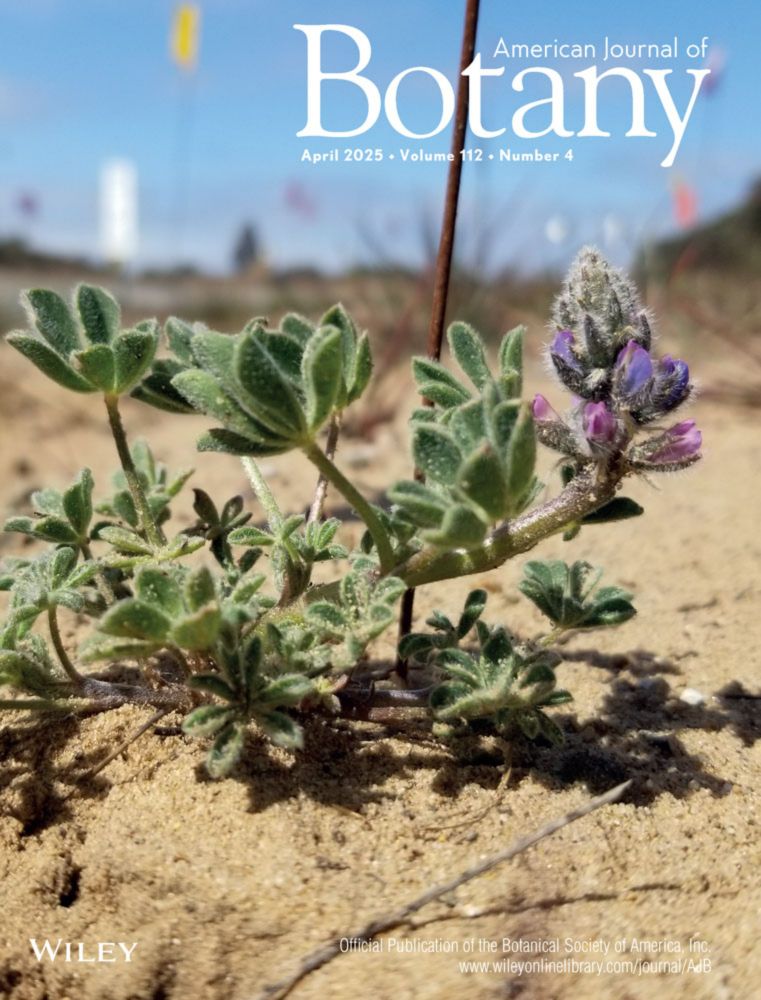

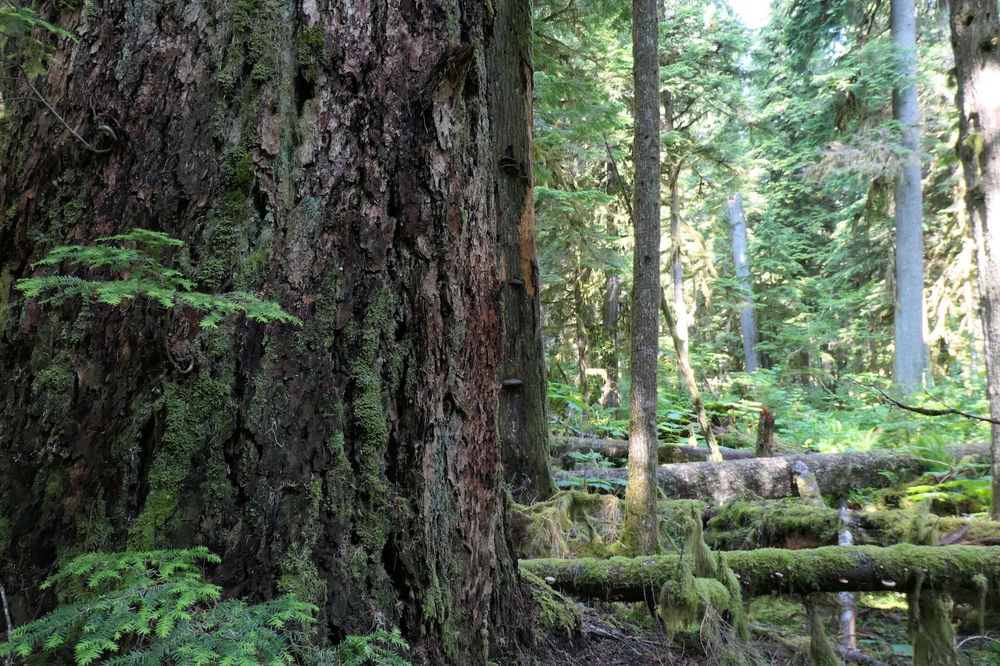

👉 doi.org/p89v

👉 doi.org/p89v
🌼In this blog post, author Mario Vallejo-Marín explores a striking example of evolutionary convergence in floral form - buzz pollinated flowers🐝
Read it here👇
buff.ly/5dXVFHg
@nicrodemo.bsky.social
🧪🌍

🌼In this blog post, author Mario Vallejo-Marín explores a striking example of evolutionary convergence in floral form - buzz pollinated flowers🐝
Read it here👇
buff.ly/5dXVFHg
@nicrodemo.bsky.social
🧪🌍
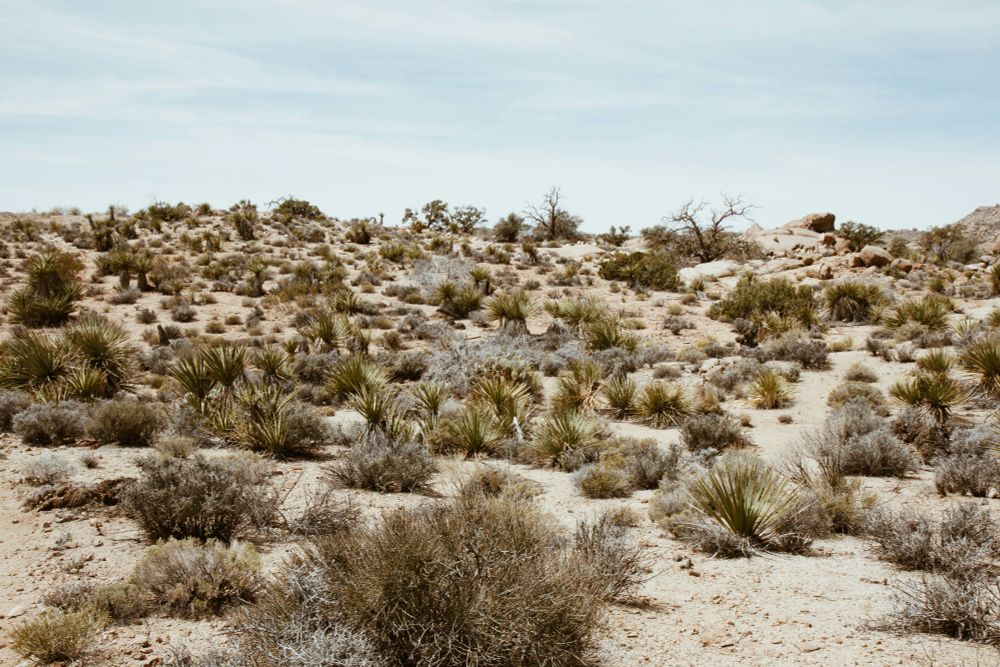
Now open-access ahead of print!
www.journals.uchicago.edu/doi/10.1086/...
Now open-access ahead of print!
www.journals.uchicago.edu/doi/10.1086/...
www.journals.uchicago.edu/doi/10.1086/...
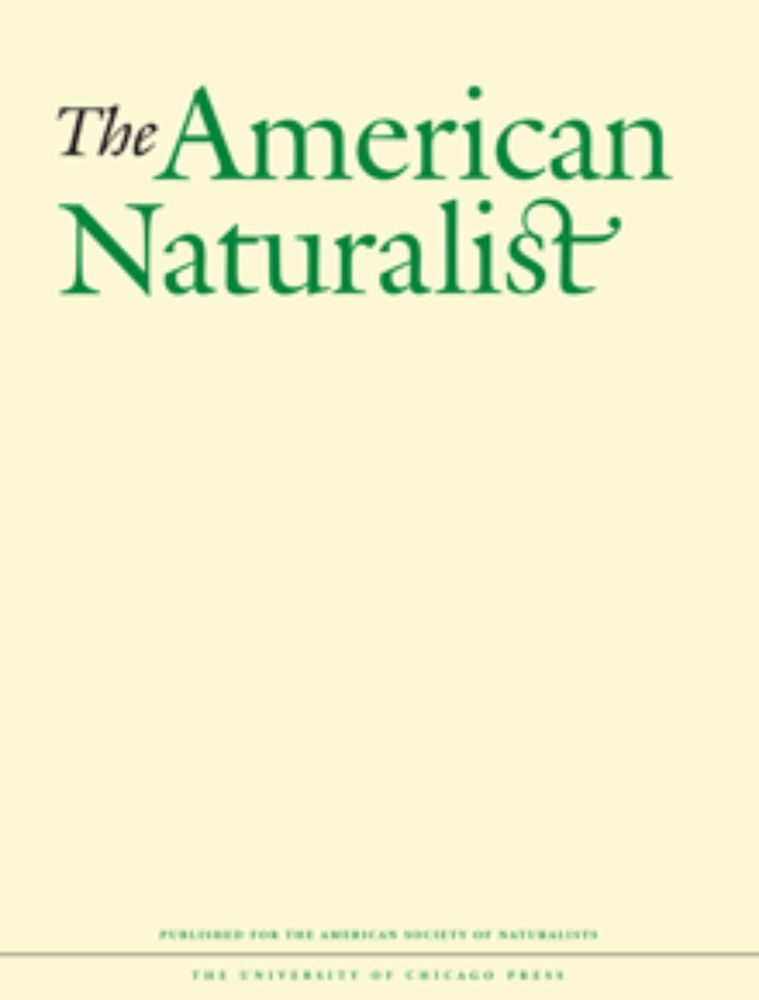
www.journals.uchicago.edu/doi/10.1086/...
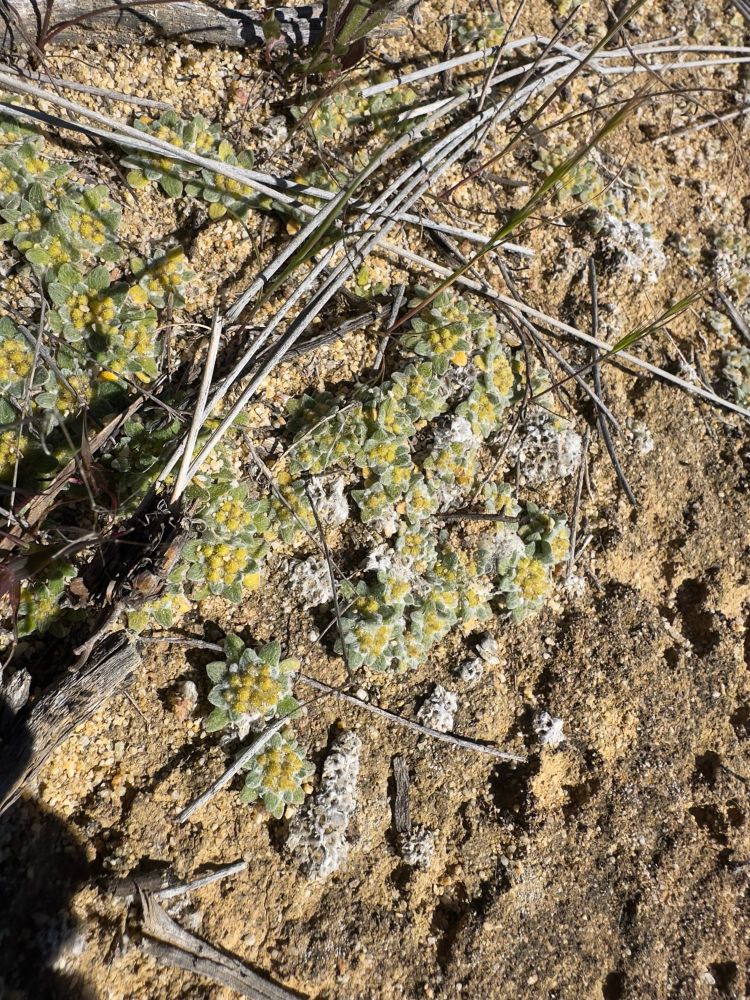

We are recruiting a postdoc for a large interdisciplinary project to investigate evolutionary drivers and genomic consequences of pollen evolution in response to pollination mode shifts in flowering plants. 1/5
su.varbi.com/what:job/job...

We are recruiting a postdoc for a large interdisciplinary project to investigate evolutionary drivers and genomic consequences of pollen evolution in response to pollination mode shifts in flowering plants. 1/5
su.varbi.com/what:job/job...


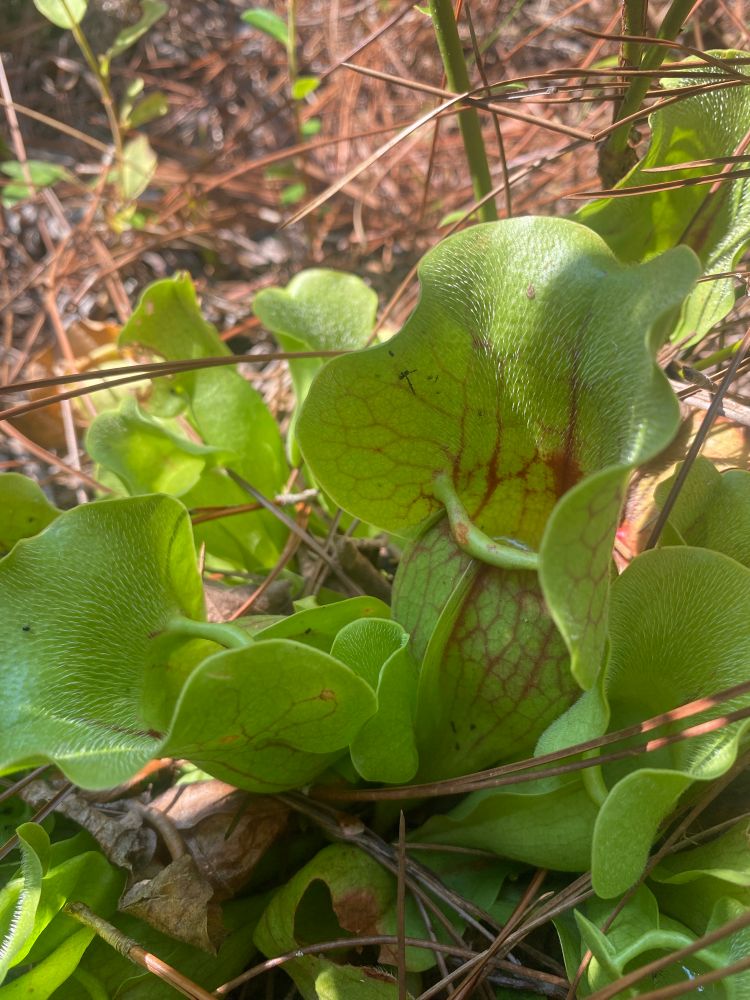


doi.org/10.1101/2025...

doi.org/10.1101/2025...
), we find the opposite: animals exchange genes more, and for longer, than plants

), we find the opposite: animals exchange genes more, and for longer, than plants
#biodiversity #conservation #nature #policy #science
besjournals.onlinelibrary.wiley.com/doi/pdf/10.1...

#biodiversity #conservation #nature #policy #science
besjournals.onlinelibrary.wiley.com/doi/pdf/10.1...
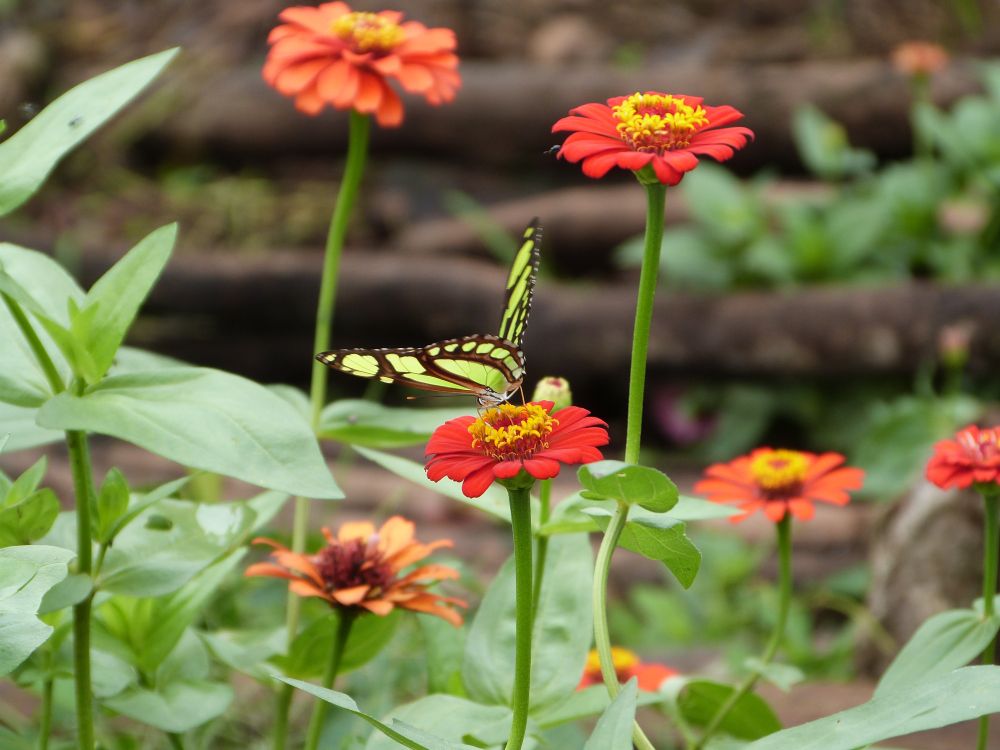
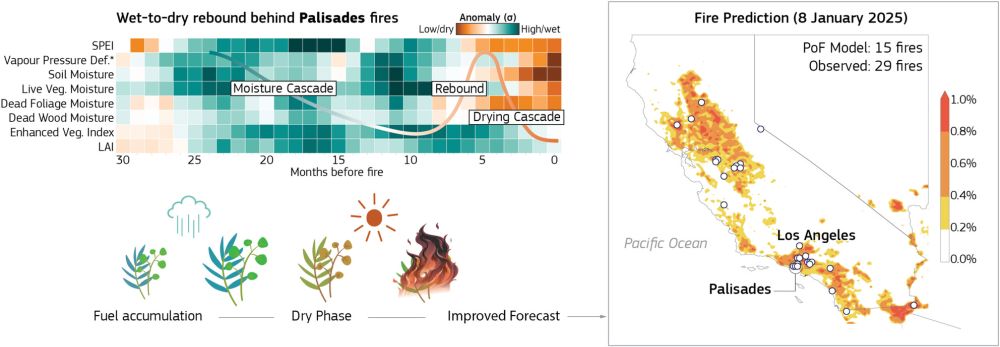
Research by Geng, et al.
nph.onlinelibrary.wiley.com/share/4U8NQ4...
#PlantScience

Research by Geng, et al.
nph.onlinelibrary.wiley.com/share/4U8NQ4...
#PlantScience

